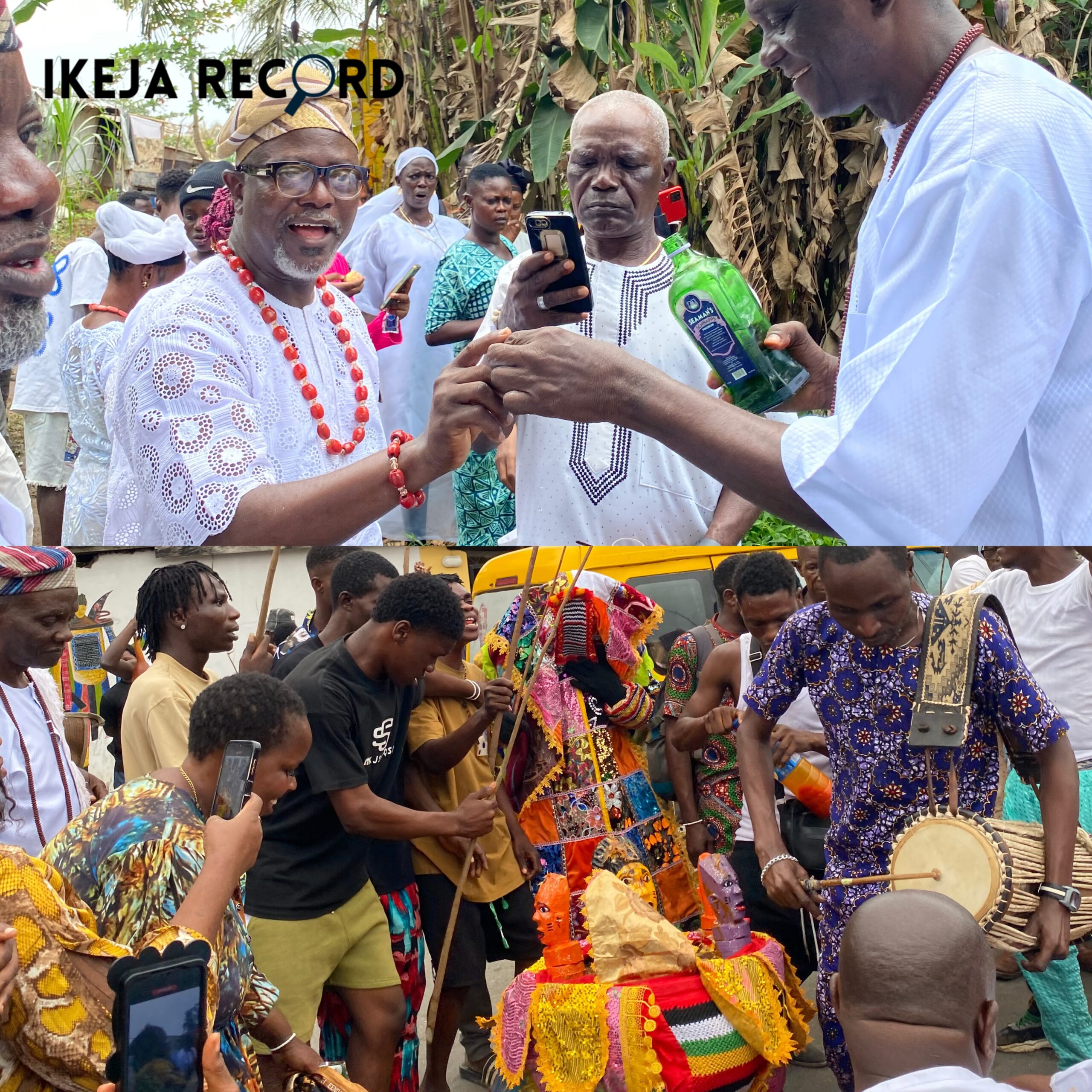Christians celebrate Christmas and Easter to mark the birth and resurrection of Jesus Christ, while Muslims observe Eid. For local traditional worshippers in South-West Nigeria, Isese Day is a time to honour their deities and ancestors.
Isese Day is celebrated annually on August 20 in Lagos, Osun, Kwara, Edo, Ondo, Oyo, Ekiti, and Kogi states.
History of Isese Day
“Isese” refers to the traditional beliefs and practices of the Yoruba people, also known as Ifa or Orisha worship.
The festival acknowledges the Orishas, deities associated with love, wealth, health, and wisdom.
The Yoruba believe their ancestors and Orishas play a crucial role in their lives by providing guidance, protection, and blessings.
During Isese Day, worshippers make offerings and perform rituals to express gratitude and seek continued blessings.
Chants and songs are part of the celebration as worshippers travel to offer sacrifices. The greeting among worshippers is “Isese l’agba,” with the response being “Isese l’agba gbogbo wa.”
Lagos Government’s Stance on the Celebration
In 2020, the Lagos State Government assured the Lagos State Chapter of the Association of African Traditional Religion, Nigeria and Overseas, that it would consider declaring August 20 as a public holiday for traditional practitioners.
Three years after, Lagos State Governor Babajide Sanwo-Olu officially declared Isese Day a public holiday.
Other South-West States and the Holiday
In 2013, Osun State first designated August 20 as a public holiday for traditional worshippers, a decision approved by former Governor Rauf Aregbesola.
In 2014, the state officially recognised Isese Day as a public holiday, closing banks, government offices, and other establishments.
Ogun State followed suit in July 2023, officially declaring the same date a public holiday.
This decision came after a motion by House Majority Leader Yusuf Sheriff and was supported by other lawmakers to promote state customs and culture.
In August 2023, the Oyo State House of Assembly also passed a bill to grant a special public holiday for traditional worshippers to celebrate Isese Day annually.
Lawmakers emphasised the need for such a holiday to respect the beliefs of traditional religious practitioners, similar to Christian and Muslim holidays.
Cultural Significance of Isese Day
Isese Day is deeply significant for the Yoruba people, representing the preservation of indigenous traditions in a rapidly modernising world. It provides an opportunity to honour the values, beliefs, and rituals that have shaped Yoruba identity over centuries.
Chief Elias Azeez, Apeena designate of Agidingbi, while speaking to The Record shared that the annual celebration of local deities contributes to peace and harmony in Lagos communities, such as Agidingbi.
He refuted claims that the festival is a fetish ritual, asserting that it is an integral part of Yoruba culture and peace-building.
In an era of globalisation, Isese Day serves as a vital link to the past, helping future generations stay connected to their heritage.
Celebrating such traditions fosters pride and respect among diverse groups, highlighting the importance of cultural continuity in building a cohesive society.
